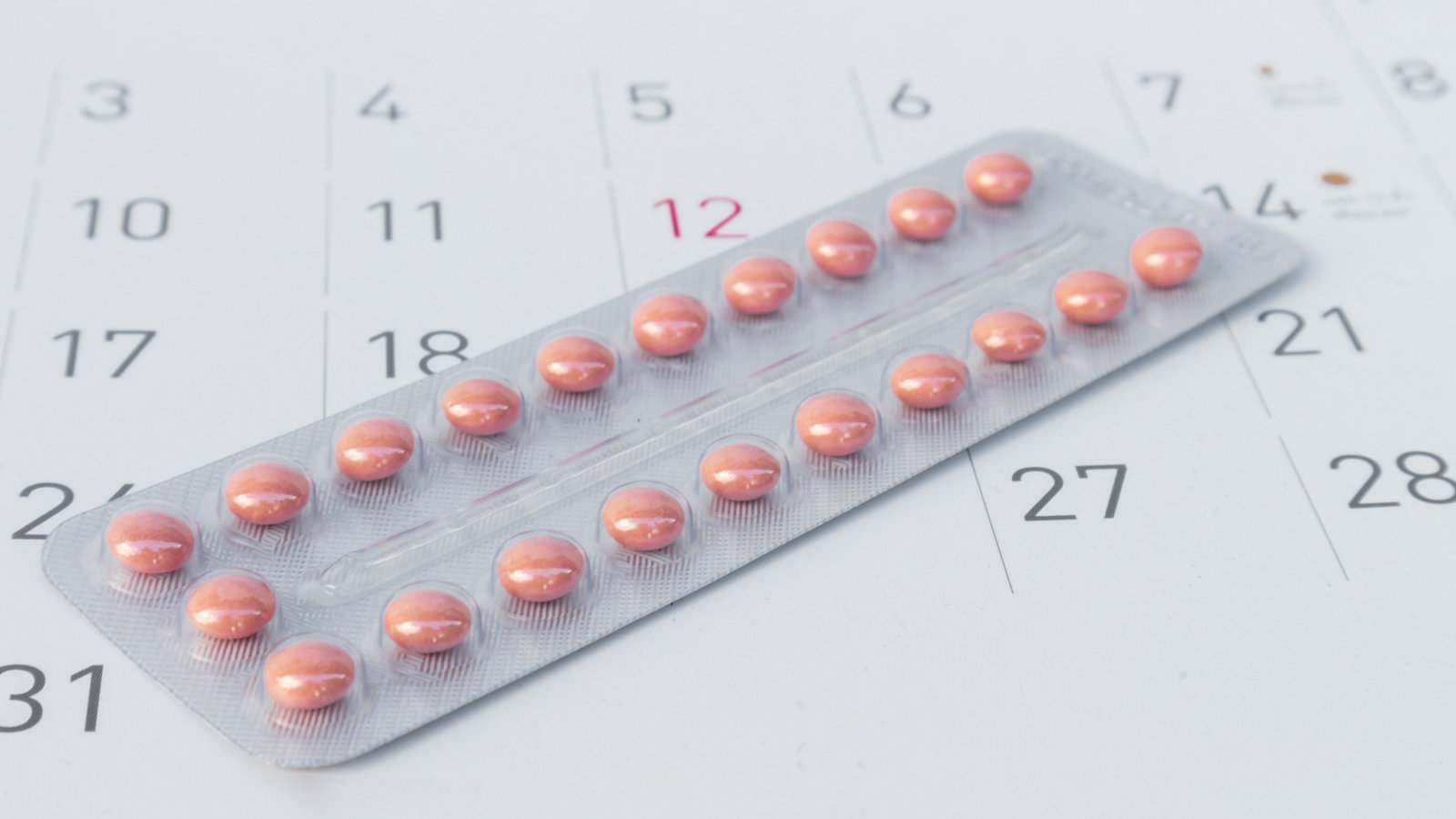
What is PCOS?
PCOS or Polycystic Ovarian Syndrome is a health condition that affects women’s menstrual cycles, hormones, fertility, and physical appearances. It is estimated that five to ten percent of women have PCOS. PCOS is one of the leading causes of infertility in women.
Some of the characteristics of PCOS are irregular periods, abnormal levels of male hormones, and having many cysts on the ovaries. Poly means many and cystic means cysts, thus the name Polycystic Ovarian Syndrome.
What Are the Symptoms of PCOS?
Infrequent or irregular menstrual cycles
Lack of ovulation/Infertility
Increased hair growth on the face, back, chest, or toes
Obesity, particularly weight around the waist (apple-shaped body)
Male pattern baldness or thinning hair
Type Two Diabetes
Elevated insulin levels or insulin resistance
High Cholesterol
Many cysts on the ovaries
Acne
Pelvic pain/PMS
What Causes PCOS?
We have not discovered what causes PCOS. Some women do have other family members with PCOS, but we have not discovered a genetic link to PCOS. There seems to be a relationship between obesity and PCOS. PCOS researchers are looking at the link between insulin production and PCOS. Some women with PCOS produce too much insulin. The insulin in their body does not work properly, so their body has to produce more to control blood sugar. Researchers believe there is a link between insulin production and PCOS. Because these women are producing too much insulin, this, in turn, causes their bodies to produce excess testosterone. The extra testosterone results in facial hair, acne, and cysts on the ovaries.
How is PCOS Diagnosed?
Diagnosis is generally made based on three observations: physical appearance, hormone testing, and ultrasound observations. There is no single test to diagnose PCOS. Your doctor may perform a physical exam, review your medical history, check your hormone levels and glucose levels, or perform an ultrasound to look for possible cysts on the ovaries.

PCOS Treatments
Birth Control Pills – For women that are not trying to conceive, birth control pills will help regulate the menstrual cycle, help reduce male hormones, and help with skin’s complexion and acne.
Diabetes medications such as Metformin (or Glucophage) – Metformin affects the way the body responds to insulin. It helps to make the insulin you have work better, it does not actually lower blood sugar itself. Metformin helps improve the way your body uses insulin so that it does not need to produce as much to control your blood sugar. Because insulin levels are reduced, male hormone production decreases as well. With this decrease in androgens, women may see improvement in male hair growth and ovulation may return.
Fertility Medications such as Clomid - Fertility medications may be used to induce ovulation.
Anti-androgen medications such as Spironolactone - For women that are not trying to get pregnant, anti-androgens may be effective in treating skin conditions or excessive hair growth.

Weight Loss – Obesity is linked to PCOS. Losing weight may help improve insulin regulation and glucose levels. However, because insulin regulation may be a factor in weight control, losing weight may be difficult.
Surgery – If other methods of PCOS treatment do not work, your doctor may suggest ovarian drilling. This is not done as a first response to PCOS, but it is sometimes used if other methods do not work. Ovarian drilling is done by inserting a small telescope into the abdomen. Small holes are drilled into the ovary with an electrosurgical needle. This procedure destroys a small portion of the ovary, which may reduce androgen levels and bring about ovulation.
